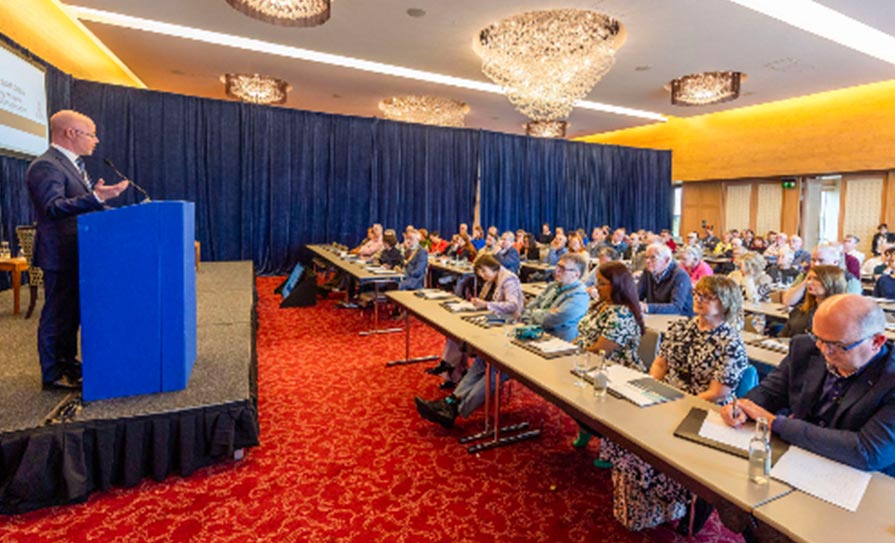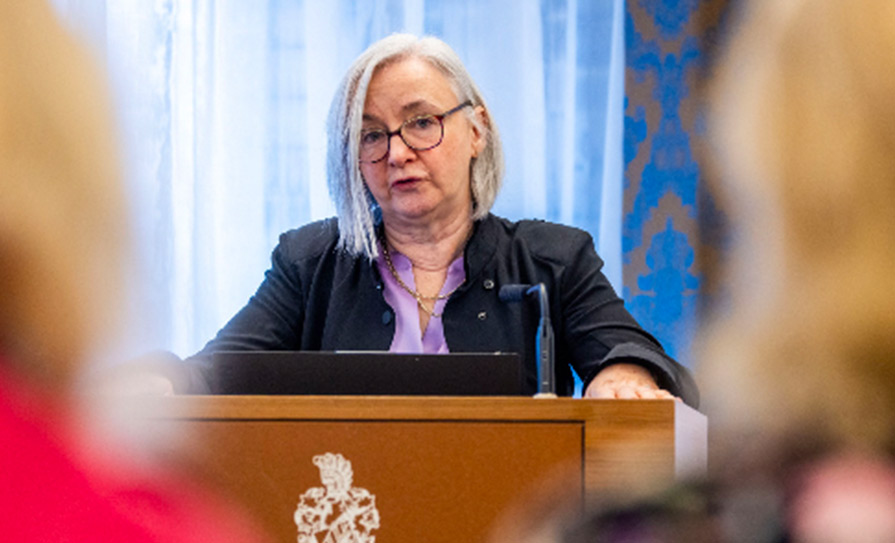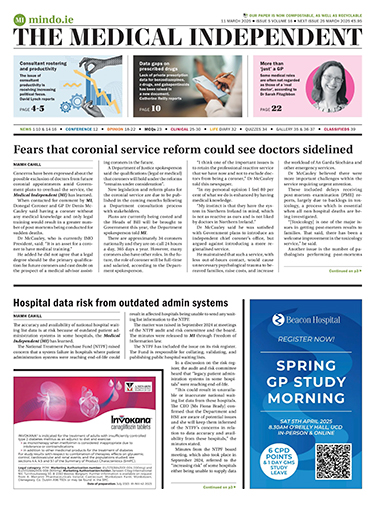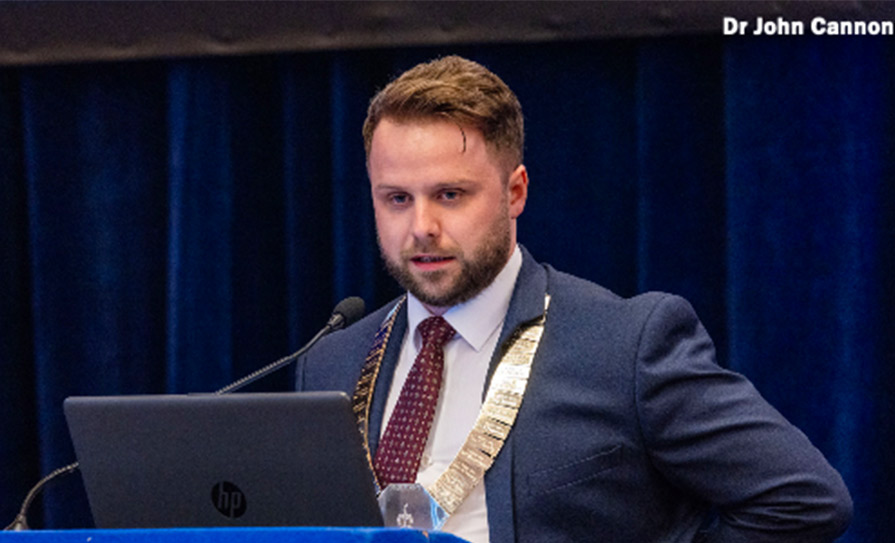Chair of the IMO’s GP Committee and incoming President Dr Padraig McGarry outlines the significance for general practice of the recent deal between the Government and the Organisation
The new IMO GP deal contains much which is positive for the future of general practice. It has been the culmination of many years’ work, beginning in 2014 with the settlement of the case between the IMO and the Competition Authority, which led to the Framework Agreement signed between the IMO, the Department of Health and the HSE. For years previous to this agreement, the Government had refused on the basis of competition law to negotiate with the IMO on price, which led to the farcical situation whereby the IMO could negotiate all terms of a contract except the resources required for that contract.

Following the signing of the Framework Agreement, the IMO was able to negotiate all aspects of the contract, including resourcing, and the IMO negotiated the under-sixes contract in 2015. The strategic direction of the Organisation at that time was that urgent resources were needed for general practice following successive FEMPI cuts. The under-sixes would provide some income and, crucially, allow for a pathway to secure FEMPI reversal. In addition, the agreement of the diabetic cycle of care in October 2015 was to give a proof of concept that chronic disease could be dealt with, and indeed is best dealt with, in general practice. Although the State at that time wanted a full chronic disease programme for diabetes, the necessary funding for such a programme was not available and the IMO tailored the service (two clinical visits per annum) to the funding available and told the State side that as funding became available, a full chronic disease programme could be negotiated.
Shortly before the commencement of the under-sixes agreement, and perhaps lost in the publicity surrounding the introduction of the under-sixes contract, a memorandum of understanding was also signed by the Department of Health, IMO and HSE, which included the clause:
“In line with plans by the Minister for Public Expenditure and Reform to open negotiations with public sector unions on an orderly unwinding of the financial emergency measures legislation, a similar process will be put in place involving the DoH/HSE and IMO in relation to the application of the FEMPI legislation to GPs since 2009.”
The decision to agree a contract with regard to the under-sixes was made with a view to ensuring that GPs would not be left behind their employed colleagues with regard to FEMPI reversal. While the introduction of the under-sixes was controversial, it was a necessary strategic move to ensure that GPs would be first in line with regard to FEMPI reversal, as compared with other contractors such as pharmacists and dentists, who have yet to receive any FEMPI reversal or a process for same.
While it is easy to make meretricious, populist arguments, to achieve actual progress and change takes a commitment to a tactical direction and hard work behind the scenes to ensure that strategic goals can be met.
The process of negotiating FEMPI reversal has now completed and IMO members will decide whether they wish to take up the new IMO GP deal, which will see new capitation rates being introduced in July 2019, January 2020, January 2021 and January 2022. If accepted, the IMO GP deal will see capitation rates on all patients, excluding under-six patients, increase by just under 50 per cent by January 2022.
The large part of the FEMPI monies is being placed on capitation, as it is seen by the IMO as the fairest and most equitable manner of distribution for GMS GPs. Capitation is also pensionable at 10 per cent, giving further reason to target capitation as the area for FEMPI reversal.
In addition, the IMO GP deal doubles the current rate of locum contribution for maternity leave to €2,760 per week, such payment being available for 26 weeks. Paternity leave is being increased from three to 14 days and is also payable at the new rate of €2,760 per week. While it can still be problematic to source a locum, it is hoped that the new deal will help attract younger doctors to remain in the country and hopefully lead to a larger pool of locums. For young GMS GPs hoping to start a family, it means that they will not be at a loss of income in order to do so. It is a start, and together with the flexible/shared contract agreed in 2015, builds on IMO members’ desires for more family-friendly measures within the GMS. The new payment rates for paternity/maternity leave will come into effect from 1 January 2020.
This reversal of FEMPI is not unconditional. GPs who sign up to the deal will be obliged to ensure that they participate in community healthcare networks and e-health initiatives, among other measures, to ensure that the agreement is being met on both sides. The agreement will be reviewed annually with a view to compliance and it will be important that GPs are not found wanting in this regard. The agreement is front-loaded with a 20 per cent increase in capitation in July 2019 for those who sign up. The IMO Member Advisory team have also been examining the specific impact on members’ practices where members have submitted their panels to the team and this is open to any member. The ballot result will be due in May and I encourage all members to vote. The IMO will be conducting nationwide meetings, as well as releasing a further detailed summary and FAQ of the IMO GP deal ahead of the ballot.












Leave a Reply
You must be logged in to post a comment.